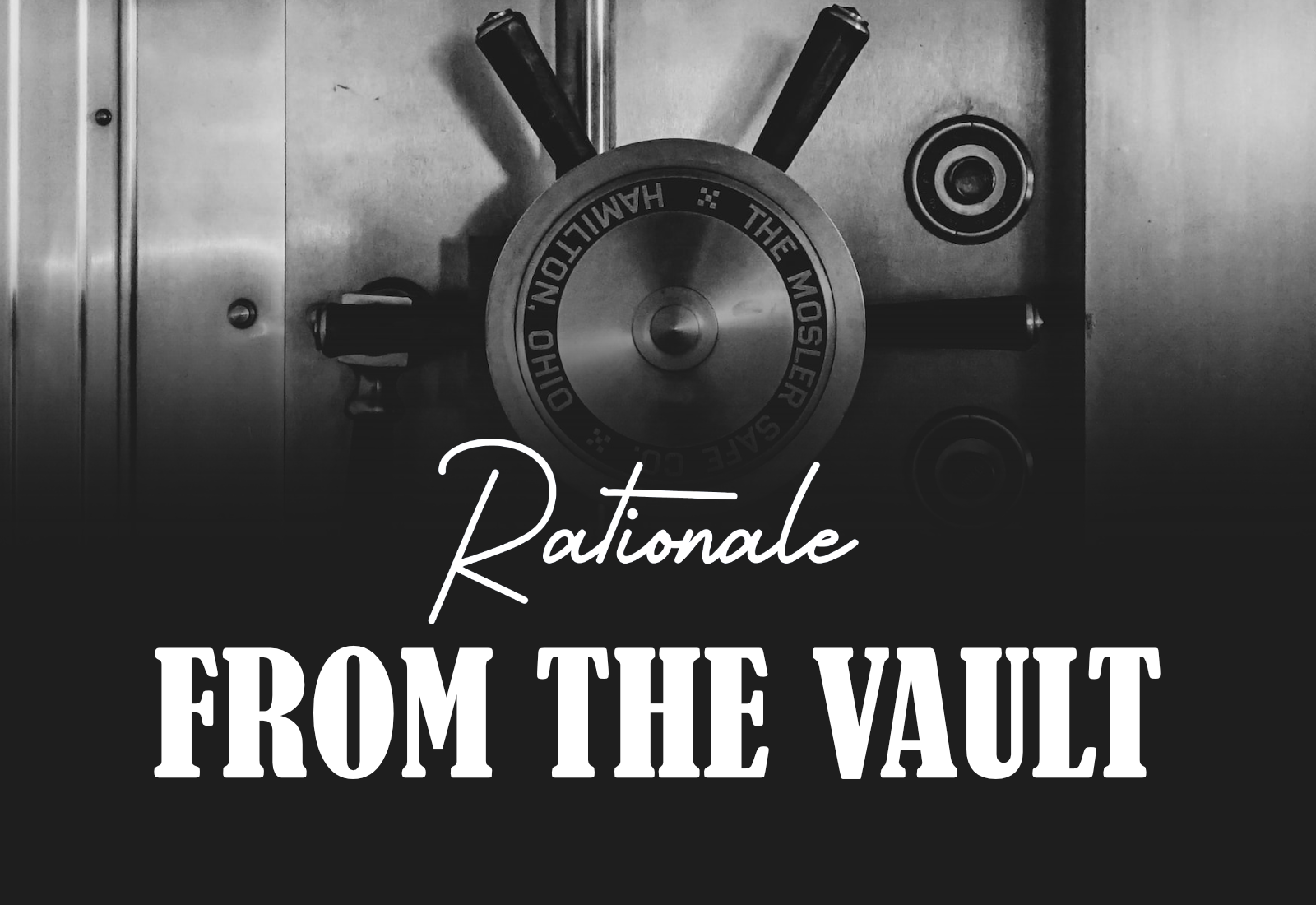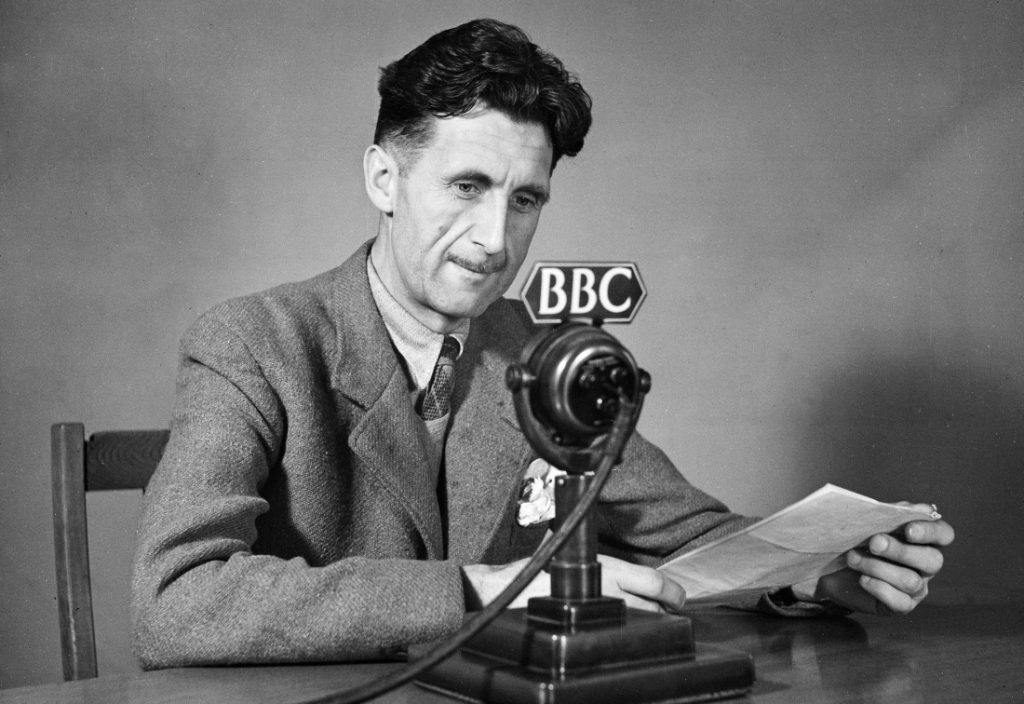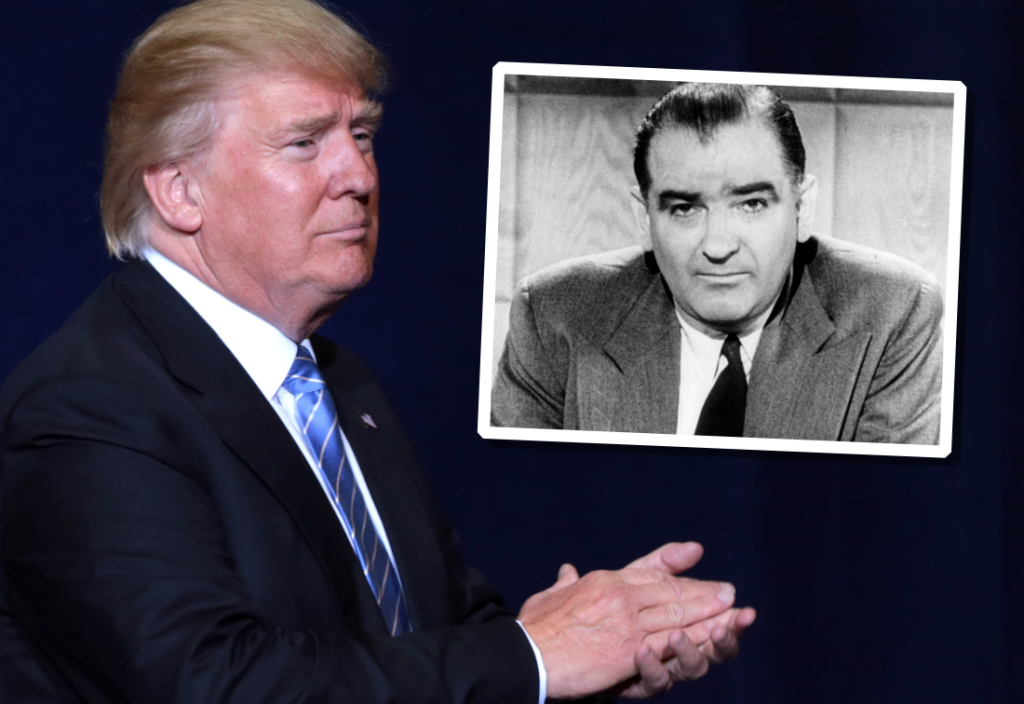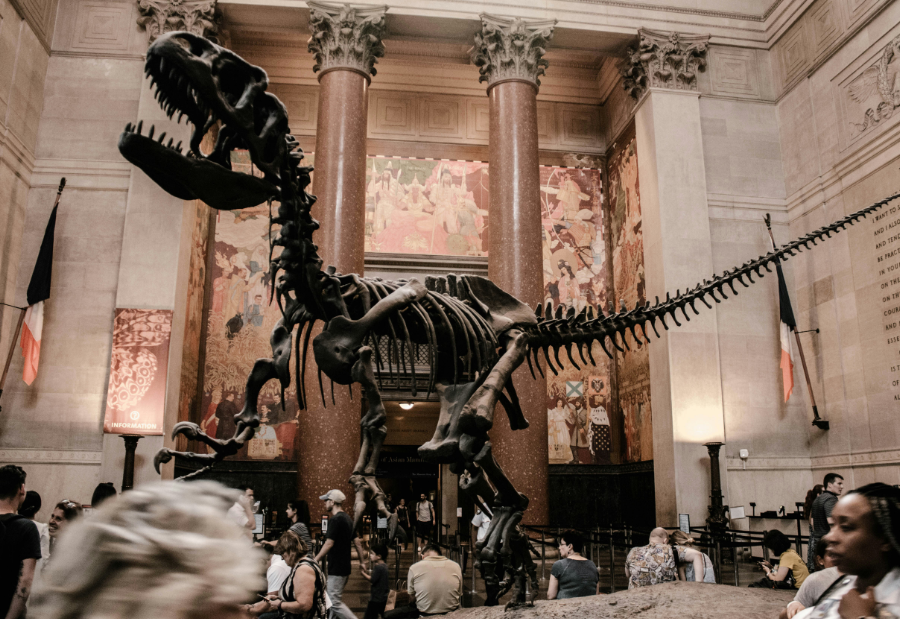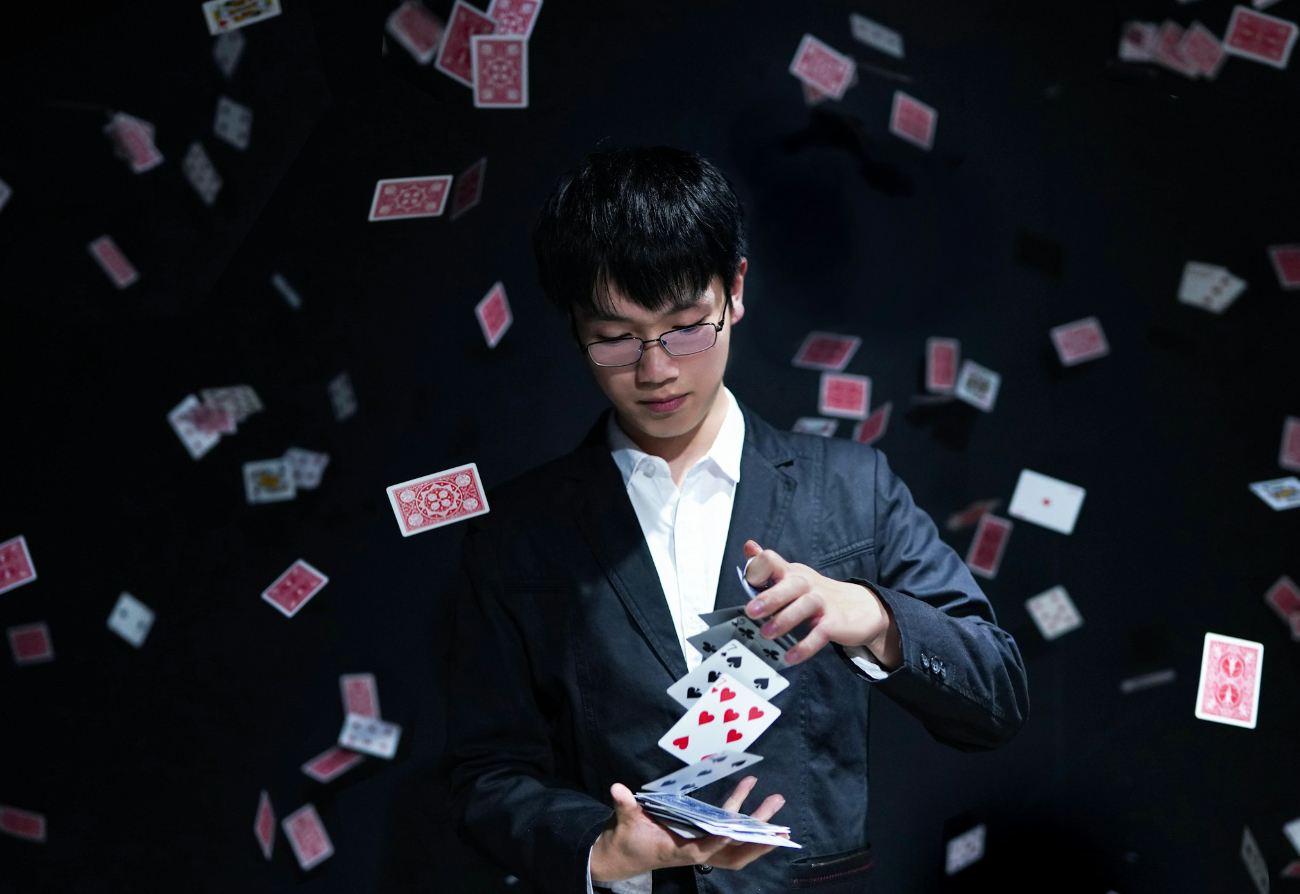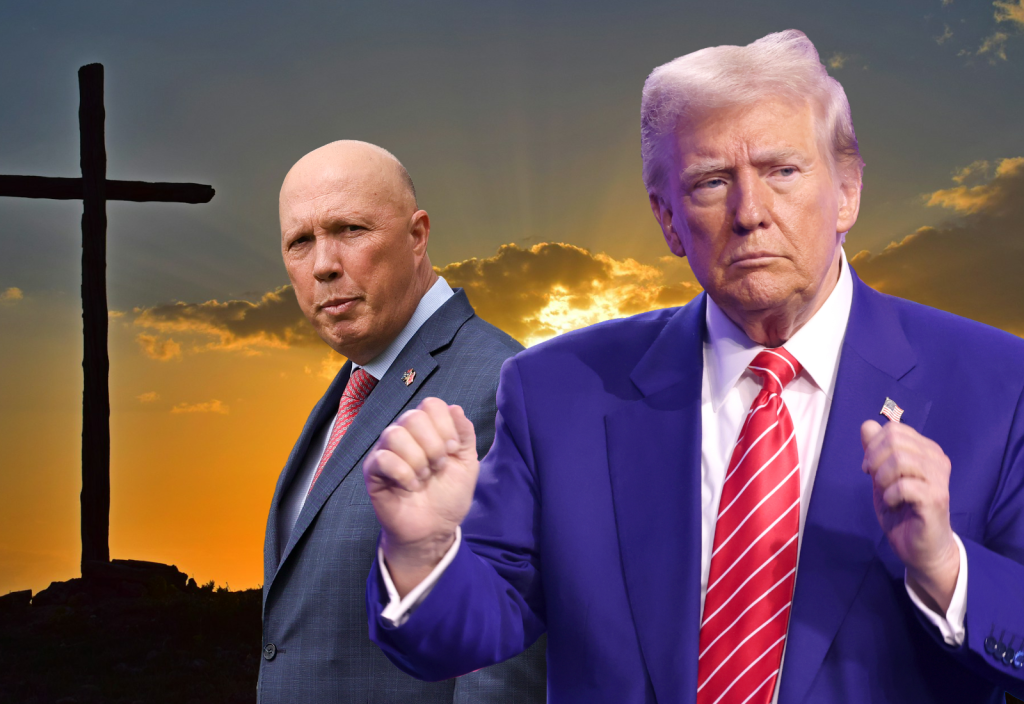This article is part of our ‘From the vault’ series of summer reading. It was originally published in the Winter 2017 edition of Australian Rationalist.
A special issue of New Scientist, dated 1 April 2017, was devoted to the question ‘What is Knowledge?’ The sub-title was ‘The Biggest Questions about Facts, Truth, Lies and Belief’. It was clearly not intended as an April Fools’ Day joke, but there would be plenty of scope for a spoof which had done just that, given the bizarre beliefs and attitudes to truth held by altogether too many human beings.
As Carl Sagan expressed it some 30 years ago, we have created a scientific civilization, but have allowed a situation to develop in which the vast majority of people do not think scientifically – and that is a recipe for disaster.
This is more important in our time than at any time in human history. It is important in general because we need the citizens of a scientific civilization to understand things in a non-superstitious, non-religious, non-ideological way – which is to say in terms of sound evidence, probability and good reasoning, not fantasy, dogma or authority.
It is important in our time because the rate and scope of scientific discoveries, since the middle of the 20th century, have overwhelmed the folk culture and traditional belief systems, even of Western societies.
Globally, traditional folk and religious belief systems are hopelessly at odds with the scientific worldview, and the gap is widening, not narrowing.
Moreover, the distortions of thinking we see all around us gravely aggravate the practical problems we face in strengthening the foundations of the nascent global civilization of the 21st century.
The ecological stresses of the human impact on the biosphere have been of growing concern since at least the 1960s. But they are at the outer margin of a set of problems that begin with the most elementary matters of public policy and mass education.
Religious opposition to the findings of evolutionary biology is not merely the eccentricity of a few cranks, but the symptom of a deeper cultural problem which surfaces in the plague of conspiracy theories that beset the world, or the movement against vaccination, or the widespread confusion about anthropogenic global warming and what to do about it.
Tom Nichols, a Professor of International Security Affairs at the US Naval War College, has just contributed a thoughtful little book on this subject, with the disconcerting title The Death of Expertise: The Campaign Against Established Knowledge and Why It Matters (2017). He also has an essay in the March/April issue of Foreign Affairs – an issue devoted to pondering ‘Trump’s world’.
Nichols doesn’t mean that expertise itself is dying out. He means that the willingness of altogether too many people – including Donald Trump – to accept the judgements of experts is under threat, and that this poses a fundamental problem for both scientific civilization and democratic governance.
It is a potentially lethal pathology in a civilization overwhelmingly dependent on good science but overwhelmingly ignorant of the science itself and addicted to poor thinking, prejudice and tribalism.
By ‘experts’, Nichols means specialists within their fields, whether tradesmen or astrophysicists, school teachers or professors of economics. “Something is going terribly wrong,” he writes. “The United States is now a country obsessed with the worship of its own ignorance.”
He plainly does not mean the best thinkers in the country, of whom there are many in countless fields. He means a large mass of the population, including student activists at Ivy League universities and all manner of common citizens harvesting factoids and narratives from the Googleplex. “Never have so many people had so much access to so much knowledge and yet have been so resistant to learning anything,” he laments.
His is a cry from the heart of a serious and dispassionate scholar. It centres on the premise that:
“We are witnessing the death of the ideal of expertise itself, a Google-fuelled, Wikipedia-based, blog-sodden collapse of any division between professionals and laypeople, students and teachers, knowers and wonderers – in other words, between those of any achievement in an area and those with none at all.”
He infers from this that:
“The death of expertise is not just a rejection of existing knowledge. It is fundamentally a rejection of science and dispassionate rationality, which are the foundations of modern civilization.”
These two claims make his book a must read for those dedicated to critical rationalism and the kind of ‘open society’ that some of us have attempted to build, based on such thinking. He would be the first to confess that the field is complex and that his evidence is impressionistic rather than encyclopaedic.
But his arguments ought to prompt serious debate of precisely the kind he champions – against the ‘blog-sodden’, anti-expert, tribal culture whose rise he deplores.
Criticism and sense
Experts have long had their critics, of course, both in the name of brute reality and the name of ‘common sense’.
Harry Truman famously declared in the late 1940s that he longed to meet a one-handed economist because all the ones he had met would forever say to him “on the one hand, but then again on the other hand”.
He wanted less qualified advice, one might say. And one might then comment, “Be careful what you wish for.”
In Fred Schepisi’s acclaimed 1990 film of John Le Carre’s The Russia House, CIA chief Russell (Roy Scheider) exclaims in exasperation at one point, concerning the ambivalence of his experts on Soviet nuclear missile capabilities, “For experts, there’s no toilet deep enough!”
Conversely, the failure of experts to persuade democratic masses to heed the voice of reason and restraint is age-old and by no means a problem only in our time. There is a famous scene in the sixth book of Thucydides’ history of the Peloponnesian war in which the veteran and sober-minded general Nicias attempts to dissuade the Athenian popular assembly from mounting an invasion of Sicily.
When his warnings about how ill-advised this would be fall on deaf ears, he attempts a little reverse psychology, telling the assembly that to ensure success they would need to double down on the number of men and ships they sent to Sicily – which they then enthusiastically do, putting him in command.
This was, decidedly, not a case of the ‘wisdom of crowds’ – a topic that Nichols also touches on quite intelligently.
Nichols’ observations about the role of experts in forecasting, as distinct from explaining complexities or implementing skilled routines, are interesting. He has read the most salient work on the subject of forecasting, such as James Surowiecki’s The Wisdom of Crowds (2004), Philip Tetlock’s Political Experts (2006) and Nate Silver’s The Signal and the Noise: The Art and Science of Prediction (2012).
He praises Tetlock’s work on the failures of expert forecasting, but correctly observes that too many opinionated people have drawn precisely the wrong conclusion from this: that they are smarter than the experts and that their own fanciful opinions are as likely to be correct as anyone else’s.
In fact, crowds need close curation and disciplined procedures to produce useful forecasts. It’s just that such methods can yield surprisingly useful results.
Nichols does not argue that experts always get things right. But he does express concern at shoddy and overheated thinking getting out of control, causing growing problems for the Western democracies.
Crucially, he remarks that:
“Experts are often wrong, and the good ones among them are the first to admit it – because their own professional disciplines are based not on some ideal of perfect knowledge and competence, but on a constant process of identifying errors and correcting them, which ultimately drives intellectual progress.”
This is Popperian (in the manner of the philosopher Karl Popper). There is nothing pretentious or obscure about it. His concern is that an increasingly anti-intellectual culture, in which experts are derided as egg-heads – and all manner of ignorance, prejudice and conspiracy theory is propagated virally on the internet – presages a grim future for the open society in which both serious scientific inquiry and more or less effective public policy may become more and more difficult to sustain.
He concedes that anti-intellectualism in America has quite a pedigree. He quotes Alexis de Tocqueville as referring to it in the 1830s as a cultural trait of many Americans. His concern is that this is now getting out of hand.
The American republic was founded by educated men who believed that sound public policy depended upon an informed citizenry electing responsible representatives to legislate on their behalf.
Even in a relatively homogeneous and slow-moving America, this proved problematic and the American Civil War showed that the system had failed abysmally to resolve the single greatest challenge it faced in the first half of the 19th century.
But Nichols argues that America is now afflicted by hi-tech egalitarianism undermining the very idea of intellectual authority or high standards of critical thinking. While he does not discuss the 19th-century failures, he fears there will be grave 21st-century ones.
He draws attention to the fairly well-known Dunning Krueger effect: the research finding that the less rational or intellectually gifted a person is the likelier they are to believe that they can make accurate judgements about things that are in fact beyond their grasp.
This kind of problem was supposed to be overcome by mass education. But mass education, he argues, has had unintended side-effects. Among them is the problem that since the 1970s educational institutions have flattered students at every level about their abilities, diluting the intellectual standards to which they are held, and creating a growing class of conceited and outspoken young people who actually have poorly developed thinking skills, deficient knowledge of reality and an absurd and truculent sense of their own opinions and entitlements.
His remarks on this subject are especially worth reflecting on.
Toxic websites
As if this was not bad enough, the internet has generated a runaway proliferation of toxic websites that feed ignorance, prejudice and conspiracy theory at the expense of serious reading, thinking and engagement with the opinions and writings of experts.
Nichols doesn’t offer a finely calibrated set of data on just how many people fall into these categories and how many are still well-informed and reasonably rational. He simply points to some basic indications that there are worrying trends and that those of us concerned to foster and reinforce a culture of critical rationality, scientific education and sound public policy would be well advised to take such trends and their implications very seriously.
A bastion of such concern should be our universities, but Nichols expresses serious concern that they, too, are being overrun by a plague bacillus of anti-intellectualism and lowered standards.
It is easy enough to poke fun at or feel dismayed by the confusion and ignorance of the patently under-educated, but the situation at even Ivy League (never mind second or third tier) universities is not reassuring, Nichols argues:
“The most important of … intellectual capabilities and the one most under attack in American universities is critical thinking: the ability to examine new information and competing ideas dispassionately, logically and without emotional or personal preconceptions … Universities have now become, especially in the second and third strata, ‘an expensive educational buffet laden mostly with intellectual junk food, with very little adult supervision to ensure that the students choose nutrition over nonsense.’ … Make no mistake: campuses in the United States are increasingly surrendering their intellectual authority not only to children, but also to activists who are directly attacking the traditions of free inquiry that scholarly communities are supposed to defend.”
Each of his chapters addresses a different aspect of the problem, concisely, lucidly and forcefully; but those on higher education and the dark side of the World Wide Web are the most troubling.
Hubert Krivine’s The Earth: From Myths to Knowledge (2015), Shawn Otto’s The War on Science (2016) and Seth Mnookin’s The Panic Virus: Fear, Myth and the Vaccination Debate (2016) are recent books attempting directly to address the epistemological and factual confusion that besets our society.
Another excellent recent contribution is James Lawrence Powell’s Four Revolutions in the Earth Sciences: From Heresy to Truth, which looks at the discovery of deep time, continental drift, meteorite impact and global warming.
One would very much like to think that such books would be read very, very widely and would help to form the minds of a mass of citizens in a scientific and democratic society.
Unfortunately, only a small number of people read such books, while, as Nichols argues with anxiety and disdain, a vastly larger number surf their favoured websites and browse, all too often, on junk, including anti-scientific ranting or conspiracy theories.
Two things need to be brought into focus here that Nichols does not address. The first is that the human brain, as recent cognitive psychology has shown, is what Daniel Kahneman called “a machine for jumping to conclusions”. It is hard-wired to make certain kinds of errors in judgment and inference.
Only systematic education in critical thinking and scientific method can correct for these cognitive deficiencies. This has serious implications in a society based on complex problems and large data sets.
The invention of behavioural economics has been an attempt to integrate these insights into macro-economic and indeed micro-economic thinking. But the whole educational curriculum needs to bring them into play very seriously and systematically.
The second thing is that we have been here before, but almost no-one – even highly educated historians – is aware of the antecedent.
As Lucio Russo pointed out in The Forgotten Revolution: How Science Was Born in 300 BC and Why It Had to be Reborn (Springer Verlag, 2004), the third century BCE Hellenistic scientists (not the Pre-Socratics or Plato and Aristotle) invented science as we know it and began to produce theories, experiments and results of a kind we associate with modern science. But then, from the mid-second century BCE, it ground to a halt.
His explanation as to why is arresting and runs contrary to the conventional Enlightenment narrative about ‘barbarism and religion’ being the problem. In reality, he claims, the problem was the inability of Greco-Roman society itself to allow scientific thinking to take root and flourish. It stagnated and then died on the vine.
Russo wrote his book as a warning that this could occur again and that we should not be complacent about the problem. Tom Nichols would agree.
Photo by Jason Dent on Unsplash.

